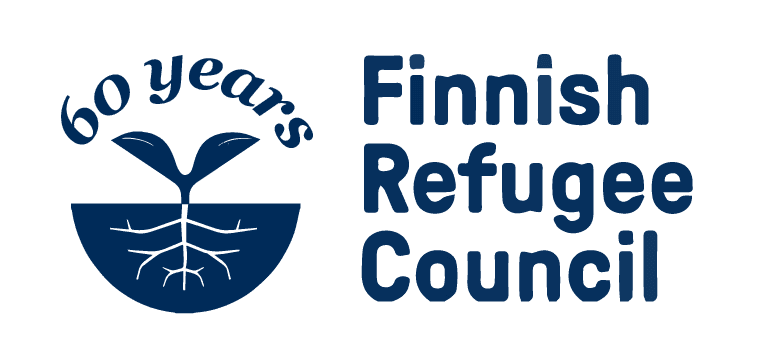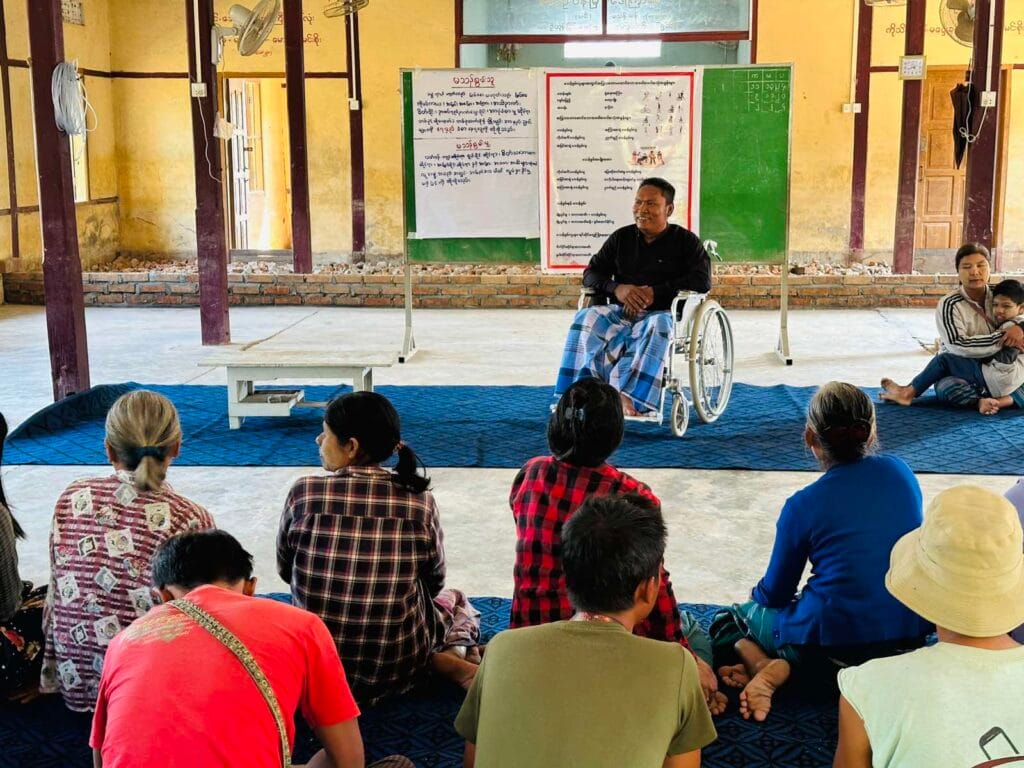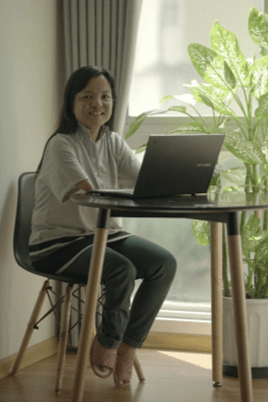The crisis in Myanmar, triggered by the military coup in 2021, has taken a turn for the worse. The devastating earthquakes that struck Myanmar on 28 March have caused widespread death, human suffering and destruction—aggravating an already alarming humanitarian crisis. According to UN, over 6.3 million people are in immediate need of humanitarian assistance and protection as a result of the earthquakes, including 4.3 million people who were already in need across the affected areas and now require even greater support, and an additional 2 million people who require urgent assistance and protection due to the earthquakes.
In 2024, over a third of the country’s population, or 19.9 million people, needed urgent humanitarian assistance. Already before the recent earthquakes the UNHCR estimated that the humanitarian situation will only worsen in 2025. As the crisis worsens, women, girls and persons with disabilities are at an increasing risk of violence. According to national data, 12,6 % of Myanmar’s population are persons with disabilities.
Persons with disabilities often lack access to essential services such as health care and face discrimination and abuse. In crisis situations, persons with disabilities are at a higher risk of violence. This leaves many people with no other option but to leave their homes behind. We at Finnish Refugee Council support their rights to have a human life in Myanmar.
“I used to think I was weak, but now I have doubled my strength”
Ma Lang Roi, a mother in her thirties, was forced to flee her home in 2011 when conflict between armed groups in Myanmar spread to her home village. Ma Lang Roi has been living in an IDP camp with her family for almost 15 years.
Education is an important step towards a better quality of life and employment. With our support, Ma Lang Roi attended a course to learn financial skills that she needs in everyday life. Before the course, Ma Lang Roi was in debt after borrowing money from friends to pay the rent. Having learned valuable skills on the course, Ma Lang Roi has now been able to improve her finances and teach her family and friends how to budget and save money.
Ma Lang Roi also participated in a group activity for women in the IDP camp that focused on the themes of gender-based violence and gender equality. She says that by participating in the group, she learned how to raise her child with more kindness and understanding.
“I used to think of myself as weak, but now that I know how to live strong, I have doubled the strength I had before,” says Ma Lang Roi. The support of other women has been important to her.
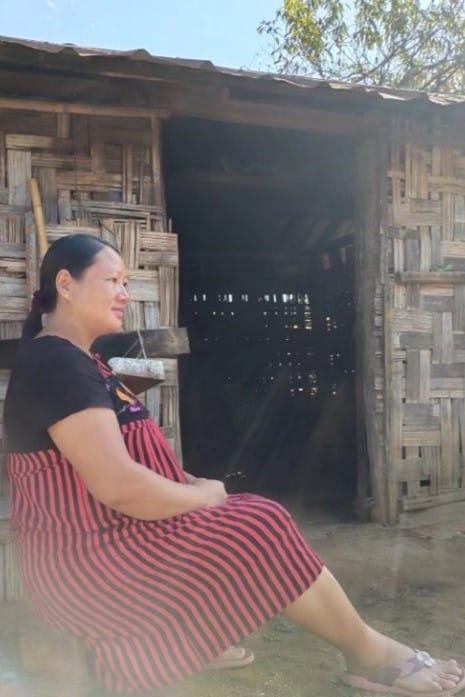
“If men understood gender-based violence, they could avoid it.”
Ma Lang Roi’s dream is to receive vocational training and earn an income for her family. She also hopes that men would take part in training courses against gender-based violence.
“If men understood gender-based violence, they could avoid it,” says Ma Lang Roi.
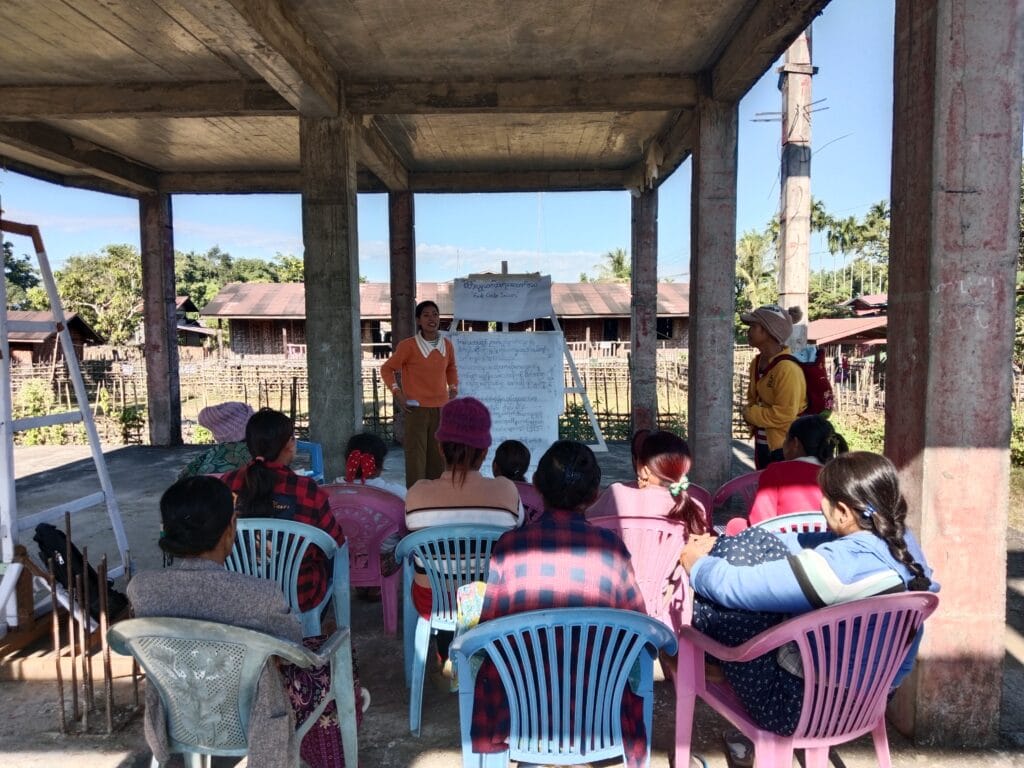
Than Than Soe providing training to the women and girls in the community.
“With new skills, I can take care of my family while leading change in my community”
Than Than Soe, a 28-year-old single mother, had noticed how the ongoing conflict and the threat of gender-based violence made many feel vulnerable and fearful and wanted to act as a counterforce to this. She decided to get involved in our project on leadership, inclusion, gender-based violence and mental health, which is ongoing in many parts of conflict affected areas in Myanmar. The project is organized in partnership with the Ethnic Equality Initiative (EEI) and the Institute of Sisters of Reparation (ISR).
Than Than Soe decided to take on the responsibility of ensuring that disability inclusion is at the heart of the project and that all project activities are accessible to persons with disabilities. Through the project, she and other participants learned more about the rights and the concept of persons with disabilities, inclusive services, leadership, gender-based violence and mental health support.
With the support of their new knowledge, Than Than Soe and other women who participated in the project organised trainings for leaders and members of their communities, which led to concrete changes in attitudes towards persons with disabilities. As a result of the women’s credible leadership, the inclusion of persons with disabilities in decision-making increased.
I learned skills on how to take care of myself so that I can continue to take care of my family as well as lead change in my community.
“I learned skills on how to take care of myself so that I can continue to take care of my family as well as lead change in my community.”
“Balancing the responsibilities of motherhood and leadership was not easy. Through this project, I learned skills on how to take care of myself so that I can continue to take care of my family as well as lead change in my community.” Than Than Soe says.
For Than Than Soe, being part of the project is just the beginning. She will continue to work to ensure that all members of the community, including persons with disabilities, can live a dignified and safe life. Than Than Soe’s story is an example of how women, girls and persons with disabilities are not just recipients of humanitarian aid, but agents of change in communities.
Through our work in Myanmar, we are building safer, more equal communities for all. During 2024, up to 18,700 people in Myanmar received vital humanitarian assistance through our work, including cash grants, essential supplies and psychosocial support. We also provided as targeted action, tailored support to 955 persons with disabilities, seven groups of women and girls, and 15 youth groups. In total, our work in Myanmar reached 32 500 people. Read more about our work in Myanmar here.
